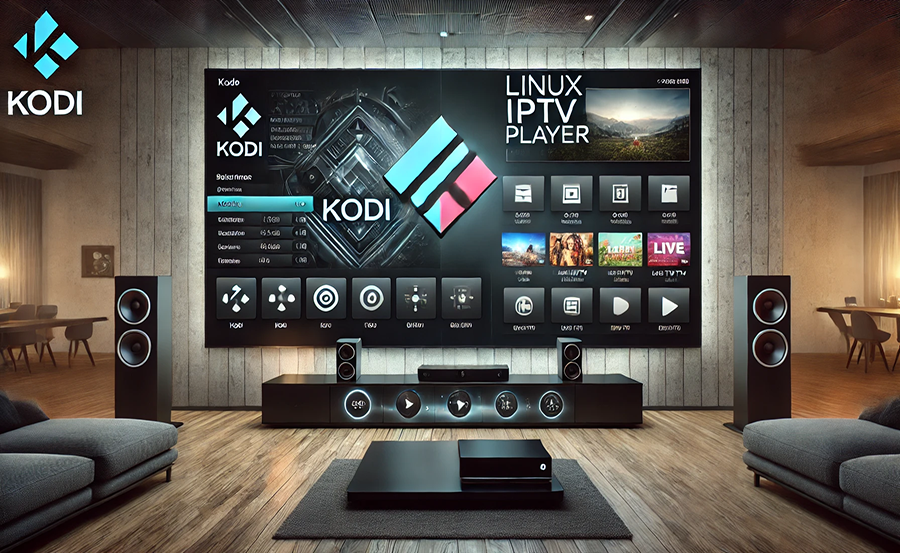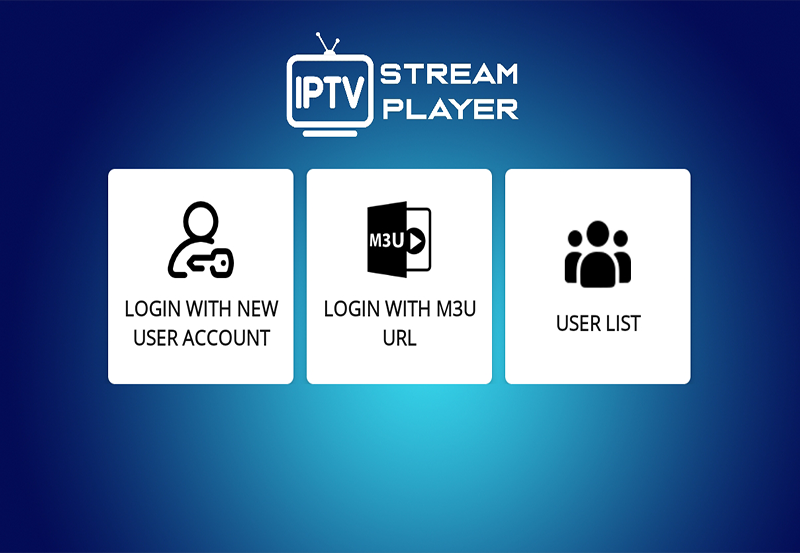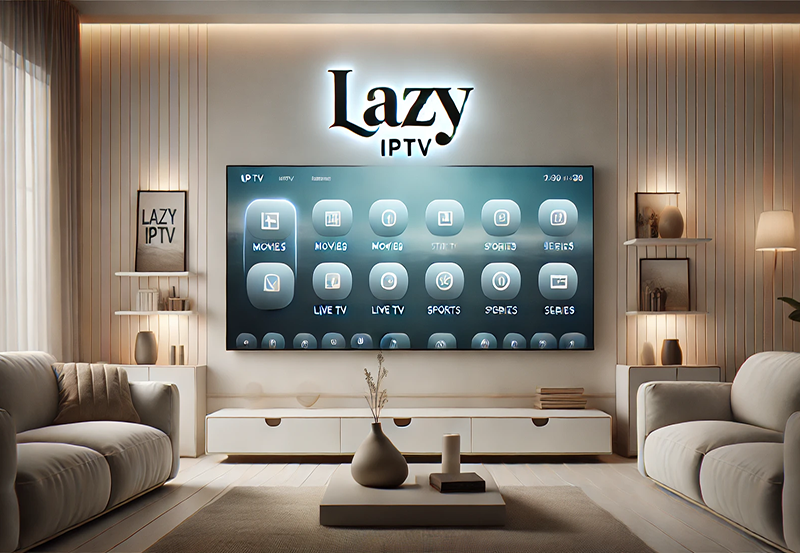In today’s fast-paced digital landscape, the evolution of entertainment mediums is remarkable. Among these, IPTV (Internet Protocol Television) has gained substantial traction, offering a flexible and customizable viewership experience. Two prominent players in this domain are Kodi and Linux. For enthusiasts looking to harness the potential of IPTV, understanding the dynamic differences and the similarities between these platforms is essential. This article delves into the distinguishing features, usability, and the broader implications of choosing either platform for your IPTV needs.
Understanding IPTV: The Backbone of Future Television
Before diving into the specifics of Kodi and Linux, it’s crucial to grasp what IPTV actually means. Unlike traditional broadcasting methods, IPTV uses the internet to deliver television content, providing an on-demand, scalable solution for viewing experiences that match individual preferences.
What Makes IPTV Stand Out?
The advantages of IPTV are numerous. The service, often supported by tools like DuplexIPTV, provides users with flexibility that conventional cable networks can’t. It’s about controlling when, where, and how you watch content. This flexibility is particularly an appealing feature for modern consumers looking for personalized viewing experiences that align with their busy schedules.
Expert Streaming Tip:
Stream the best content from the USA with Best IPTV for USA for unlimited entertainment options.
Keywords Driving IPTV Exploration
While many explore IPTV through trials and error, leveraging Ultimate Streaming Insights can fast-track the understanding and utilization of IPTV as a service. This contrasts significantly with more traditional modes of television consumption, which often lack personalized adaptability.
Kodi and Linux: A Comparative Overview
The Essence of Kodi
Kodi, once a humble media player, has evolved into a fully-fledged media center with expansive capabilities. It operates cross-platform, offering users an extensive range of add-ons, enabling customization in watching IPTV content. Its accessibility and open-source nature make it a preferred choice for tech enthusiasts who enjoy modifying devices to fit their personal viewing templates.
Linux’s IPTV Capabilities
Linux, on the other hand, isn’t just a single software application like Kodi. Instead, it’s an operating system that supports IPTV through various applications and interfaces. Its stability and security are the primary reasons why users might gravitate toward using Linux to stream IPTV content.
User Experience: Kodi versus Linux
Interface and Usability
While both Kodi and Linux offer IPTV capabilities, their interfaces vary significantly. Kodi is generally praised for its appealing graphical user interface (GUI), which is friendly even for those new to IPTV. Linux’s interface hinges on the specific IPTV applications in use, offering potentially high variability in user experience.
Customization and Flexibility
Customization is one of Kodi’s strong suits. With numerous skins and add-ons available, users can tailor the platform extensively. Linux, being an operating system, offers broader flexibility, encompassing various software solutions that can be adjusted to meet precise streaming needs. However, this might entail more sophisticated user knowledge to effectively manage and optimize.
Performance and Reliability Insights
Streaming Quality
Both Kodi and Linux can handle high-quality streaming under suitable network conditions. Kodi’s integrated features often allow smoother transitions between media. Conversely, streaming on Linux depends heavily on the selected application and network configurations.
System Requirements and Resource Usage
Kodi’s performance is optimized on a range of devices, including lower-end systems. Its resource usage is moderate, making it accessible for most consumers. Linux’s performance is inherently tied to the capabilities of the hosting device and the installed applications, which may vary widely in their resource demands.
Security and Privacy Considerations
When discussing streaming platforms, security and privacy are paramount. Both Kodi and Linux offer robust security features, but users must remain vigilant about potential vulnerabilities and take proactive measures to protect their digital identity and content access rights.
Kodi’s Security Measures
Kodi supports multiple security enhancements and third-party solutions to guard against potential threats. While Kodi’s ecosystem offers convenience, it’s important for users to manage bookmarks and add-ons judiciously to prevent unauthorized access to their systems.
Linux’s Security Framework
The security of Linux often surpasses expectations due to its open-source nature. The community-centric nature of Linux development ensures that regular security updates are rolled out quickly, providing users with peace of mind when streaming.
Scalability: Future-Proofing Your IPTV Setup
Future-proofing an IPTV setup requires careful consideration of scalability. Kodi and Linux both offer viable pathways, but their approaches differ in flexibility and scope.
Kodi’s Scalability Benefits
Kodi’s plugin structure can accommodate future media technologies, ensuring long-term viability. This adaptability ensures that Kodi remains relevant as media formats evolve.
Linux in the Long Term
Linux’s scalability is inherently broader due to its operating system nature. The option to switch between a wide variety of IPTV applications without changing the underlying system architecture provides a stable foundation for enduring expansion.
FAQs: Your Questions Answered

What is the main difference between Kodi and Linux for IPTV?
Kodi is a dedicated media player with a focus on customization through add-ons, whereas Linux is an operating system that can support various IPTV applications.
Which platform is more user-friendly for beginners?
Kodi generally offers a more intuitive user interface for beginners, whereas Linux may require more technical knowledge to navigate effectively.
How do security features compare between the two?
Both platforms have strong security features but differ in implementation. Kodi relies on third-party enhancements, while Linux benefits from its inherent open-source security framework.
Can I use both platforms simultaneously?
Yes, you can install Kodi on a Linux system to combine the strengths of both platforms, potentially offering a more robust IPTV solution.
This exhaustive comparison aims at providing you insights to navigate your IPTV player decision, keeping current technology trends and personal preferences in mind.
AVOV IPTV Box and Android Integration: full tip





